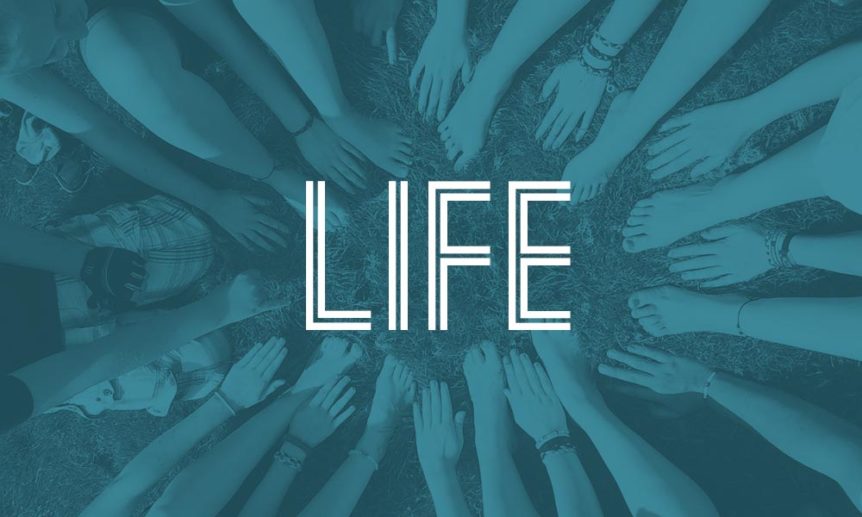There is a significant change taking place in our world today; it is the rise of social networking. Social networking is propelling exponentially and has changed the face of human interaction. Facebook now has more than 500 million active users and together these users spend over 700 billion minutes per month on Facebook. These stats are astonishing, considering Facebook only began in 2004. Additionally, there are hundreds of other social networking sites, each with at least thousands and thousands of users, raising questions about Christianity and social media’s impact on our society and the effects of technology on family.
However, this popularity should not be glossed over, for social networking has changed the face of society. No longer are the majority of our connections face-to-face, but they are now online. Also, never before has it been so simple to “connect” with others in this way. Facebook boasts that more than 30 billion pieces of content (web links, news stories, blog posts, notes, photo albums, etc.) are shared each month. With such connectivity, now people across the world can know the personal details of one’s life, marking social media’s impact on our society.
Many questions are beginning to be asked about the significance of these interactions. Do they make people feel fulfilled in their respective social lives? Is the quality of these connections sufficient to take the place of face-to-face interactions? What are the effects of such mass social integration and of the mass distribution of personal information? While the questions could go on, the few mentioned above are thought-provoking and breed enough concern to help us realize that the rise of social networking has tremendous significance.
As a therapist, I see people who consistently come to me with problems that arose out of a lack of intimacy, and I have yet to see anybody’s intimacy problems be solved through online social “connections.” On the other hand, I’ve heard of some who do try to satisfy their needs online, and it’s not very pretty. I’m not saying that social networking is bad because it isn’t, but anything good that takes the place of something better…well, you get the point. (It has it’s place, but that place should never be in the place of face-to-face relationships.)
To give a little perspective, let’s look at the problems a pastor in Neptune, New Jersey has recently illustrated regarding online relationships. Rev. Cedric Miller has required his married church leaders and asked his congregation to stop using Facebook because in the past six months 20 couples among the 1,100 church members have faced marital problems after a spouse inappropriately connected with someone through Facebook (aka online adultery). I, too, personally know of a pastor who has taken similar steps after learning of adulterous interactions that started with a simple connection via Facebook.
Also of great significance in regards to Christianity and social media’s impact on our society, is the amount of children involved in social media. Even though Facebook and other social networking channels have age restrictions, these are not enforced, and unfortunately, many parents sign their kids up and lie about their age in order to get them on a social network (that all their friends are on.) If you’ve ever monitored the conversations between tweens or teens on Facebook or Instagram, there isn’t much wholesome discussions going on.
While this is a few examples of significant changes occurring through social networking, more will arise. What will be the repercussions in 10 or 20 years of our new online society? In caring for our future, we should scrutinize this way of life, and we’d be wise to stop pouring so much care into our online “friends,” while those on our right and left are hung up to dry. And if you’re a parent like me, let’s invest in our children face-to-face and show them just how amazing human interaction can be!

